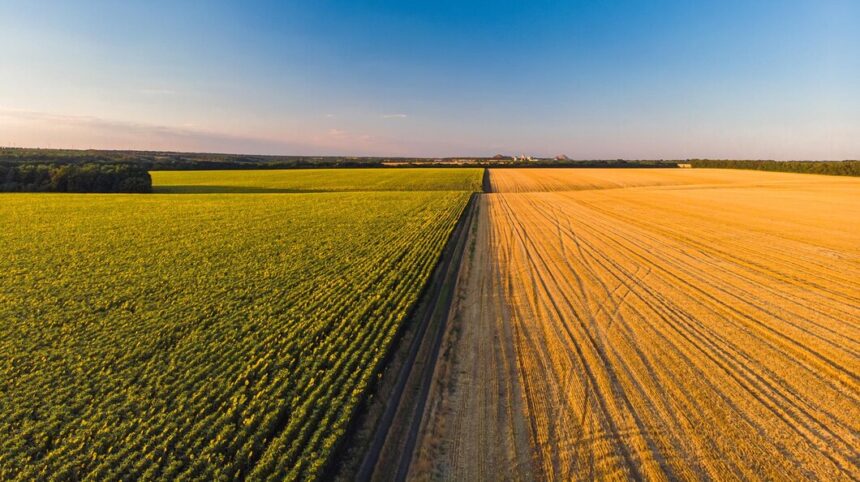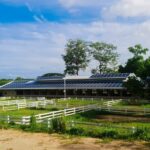As global awareness of climate change grows, agriculture, a significant contributor to greenhouse gas emissions, is under increasing scrutiny for its environmental impact. South African farmers can play a pivotal role in mitigating climate change by adopting sustainable practices that reduce carbon footprints. Here are ten techniques tailored for South African agriculture:
1. Precision Agriculture:
Implement precision farming techniques such as GPS-guided tractors and drones for precise application of fertilizers and pesticides. This minimizes over-application, reduces fuel consumption, and decreases greenhouse gas emissions.
2. Conservation Tillage:
Adopt minimum tillage or no-till farming practices to conserve soil structure and organic matter. Reduced tillage decreases carbon dioxide emissions by preserving soil carbon and improves water retention.
3. Cover Cropping:
Integrate cover crops like legumes or grasses into crop rotations to maintain soil health and fertility. Cover crops capture carbon from the atmosphere and reduce nitrogen fertilizer requirements, thereby lowering emissions associated with synthetic fertilizer production.
4. Agroforestry and Tree Planting:
Incorporate agroforestry practices by planting trees alongside crops or creating windbreaks. Trees sequester carbon dioxide from the air and improve soil structure, enhancing overall farm resilience.
5. Renewable Energy Adoption:
Invest in renewable energy sources such as solar panels or wind turbines to power farm operations. Renewable energy reduces reliance on fossil fuels, cuts emissions from electricity consumption, and lowers overall operational costs.
6. Improved Nutrient Management:
Implement efficient nutrient management practices like controlled-release fertilizers or organic compost application. This minimizes nitrogen oxide emissions and enhances nutrient uptake efficiency, reducing environmental impact.
7. Livestock Management Practices:
Optimize livestock management by improving feed efficiency, reducing methane emissions, and implementing rotational grazing systems. Methane mitigation strategies include dietary supplements and better manure management.
8. Water Conservation and Irrigation Efficiency:
Adopt drip irrigation systems and water-saving technologies to optimize water use efficiency. Reduced water pumping requirements lower energy consumption and associated carbon emissions, particularly in water-stressed regions.
9. Carbon Farming Practices:
Explore carbon farming initiatives such as soil carbon sequestration projects or participation in carbon offset programs. These practices incentivize carbon storage in soils and vegetation, contributing to climate change mitigation efforts.
10. Education and Knowledge Sharing:
Promote sustainable agriculture through education and knowledge sharing among farmers. Training programs on climate-smart practices foster adoption of innovative techniques and support continuous improvement in carbon footprint reduction.
By adopting these ten techniques, South African farmers can significantly reduce their carbon footprints while promoting sustainable agricultural practices. Each method contributes to enhancing farm resilience, improving soil health, and safeguarding natural resources for future generations. As stewards of the land, farmers play a crucial role in mitigating climate change impacts and creating a sustainable food system for South Africa and beyond.
Join 'Farmers Mag' WhatsApp Channel
Get the latest Farming news and tips delivered straight to your WhatsApp
CLICK HERE TO JOIN






